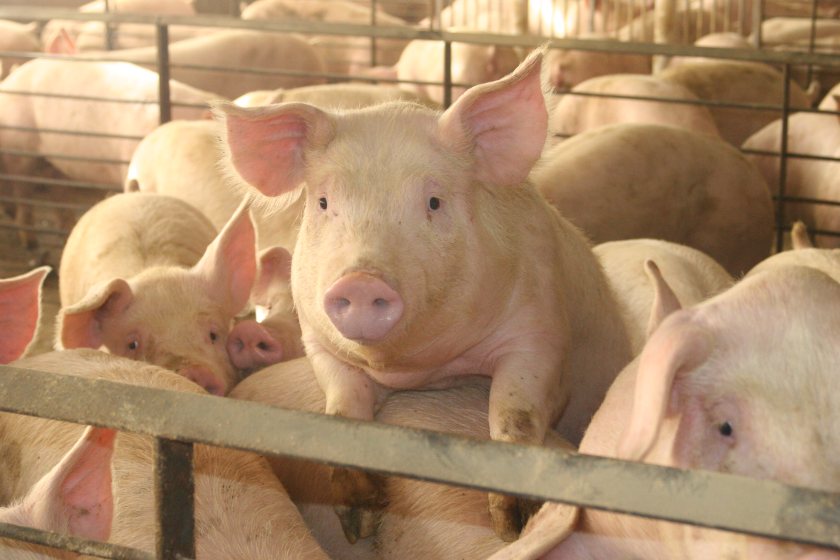
Pig producers are being urged to check ventilation systems to combat heat stress as temperatures and humidity levels creep up across the country.
Heat stress can significantly impact productivity levels, with suffering pigs exhibiting irregular feeding behaviour and a loss of appetite.
This can result in lower feed intakes and subsequently, inconsistent and reduced performance.
Lallemand Animal Nutrition says it is 'crucial' for farmers to make sure ventilation is in good working order to prevent heat stress.
Mark McFarland, the firm's feed product manager said: “We’re now starting to see sustained higher temperatures, which means pigs will become susceptible to heat stress."
“If there’s an issue with the ventilation system it needs to be identified as soon as possible."
Carrying out simple maintenance like removing dust and applying grease to moving parts where needed can make a huge difference to the amount of clean and cool air reaching the pigs.
As well as ensuring proper ventilation, it is important producers look out for the signs of heat stress, including panting, loss in weight and lethargy, and adjust management practices accordingly.
Mr McFarland said: “Due to heat stress inducing a change in feeding behaviour, feeding smaller portions regularly can help to prevent gorging which can lead to bloat and sudden death.
"Meals should be available during the cooler parts of the day as pigs will be more likely to empty troughs reducing waste and poor trough hygiene, especially if liquid fed.”
For those who are experiencing reduced or varied feed intakes, particularly in their sows, Mr McFarland advises adding a proven probiotic supplement to the diet.
He said this can help maintain feed intakes by enabling pigs to adapt their eating behaviour to the heat stress conditions.
“Ultimately, a combined approach of adapting feeding patterns and making sure environmental factors like ventilation and drinking water systems are functioning properly will help provide pigs with the best protection against heat stress.”
